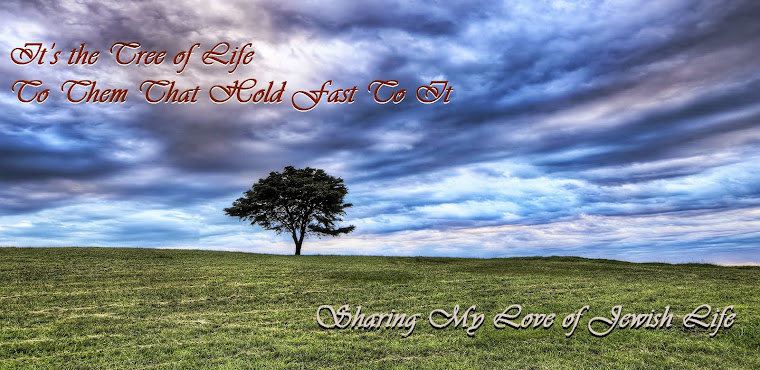Dedicated to a Refuah Shelaima for Chaya Sofya Sara bas Mera, Chaya Sarah bas Esther Leah, Tova bas Perel, Binyamin ben Simcha, and Betzalel Tzvi ben Chaya Yocheved.
Parshas Haazinu, this week’s parsha, is not an easy read. Comprised almost entirely of song, it is Biblical poetry, which requires far deeper levels of interpretation to understand the inferences and references. The song of Haazinu was sung by Moshe to the people and
reveals the past and the future. It is terrible to hear of the calamities that have, and will continue to, befall us while Hashem’s face is hidden, and comforting to know that all of it balances out with the ultimate redemption that is to come.
Interestingly, the first historical reference that Moshe makes is to the Dor Haflaga, the generation of the Migdal Bavel, the Tower of Babel:
“When the Most High gave nations their lot, when He separated the sons of man, He set up the boundaries of peoples according to the number of the children of Israel. Because the Lord's portion is His people Yaakov, the lot of His inheritance” (32:8-9).
Those familiar with Bereishis might be scratching their heads and contemplating whether they have ever noticed a specific connection to the Tower of Bavel and Bnei Yisrael, and didn’t that take place well before Avraham? Actually, according to the Midrashic calculations, Avraham was 48 years old when Migdal Bavel occurred. He was all ready well on his path of promoting a recognition that there could only be one Creator and Ruler of the Universe.
Migdal Bavel, when the people (led by Nimrod) built a tower to go to war against God, was a declaration of humanity’s intent not to recognize the Ultimate Omnipotence. They inherently knew Hashem was in charge, or else they would not have thought to fight Him. The people took freewill to the extreme and wanted to be free to believe and worship in their idols, which were dependent on humankind, unlike Hashem.
When Hashem struck down the people of the Tower and separated them into nations (linguistically), He could have chosen to make Avraham the greatest nation physically. He could have divided them into small enough subsets that it was guaranteed that Avraham’s descendants would rise above them in power and might. But Haazinu informs us that “He set up the boundaries of peoples according to the number of the children of Israel.”
We often puzzle over the seemingly shrinking population of Klal Yisrael. Our numbers grow but our percentage to the world population is, and has always been, shockingly small. And this makes our impact tremendous.
Some people say this idea and then bring up our vast number of thinkers, scientists, artists, and politicians. The bizarre number of Jewish Noble Prize winners is a frequently stated fact. But the tremendous impact is none of those. The tremendous impact of our consistently small community is spiritual. Through all of the ups and downs our people experience, this is what Hashem needs us to remember. Everything in history became proscribed by the actions of klal Yisrael. “He set up the boundaries of peoples” refers not simply to physical boundaries or linguistic differences, but to the entire development of humanity. Everything is affected by the state of our nation.
This Shabbas is Shabbas Shuva, the Shabbas that falls during the Aseres Ymei Teshuva. Yom Kippur is Sunday night. Yom Kippur is the Day of Atonement, and while we often and naturally focus on our personal atonement, it is significant to remember that the Yomim Noarayim affect the entire world. Every nation – and every person – stands in judgement on Rosh Hashana. The very world stands in judgement! And that process continues through on Yom Kippur.
This seemingly simple verse in Parshas Haazinu is a reminder that the boundaries of the peoples are set according to Bnei Yisrael. Our tefilos have the power to change the world, because Hashem set our people aside to be his inheritance.
I want to wish you all a Gmar Chasima Tova, May you individually, and may the entire nation, be sealed in the Book of Good, and may our prayers help heal the world.
